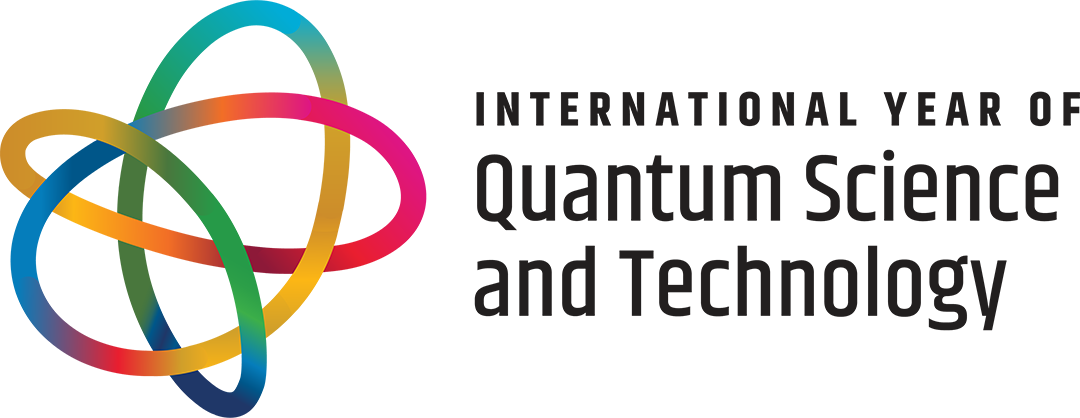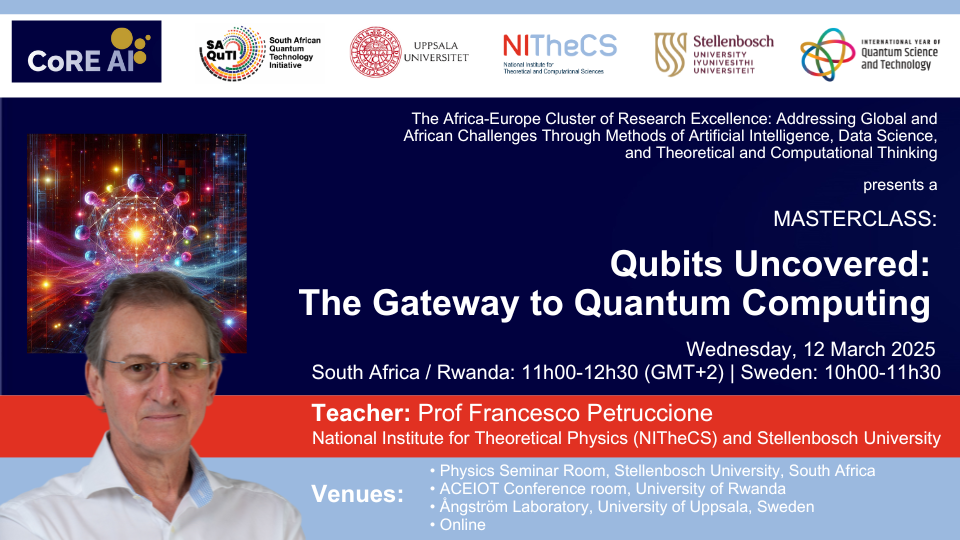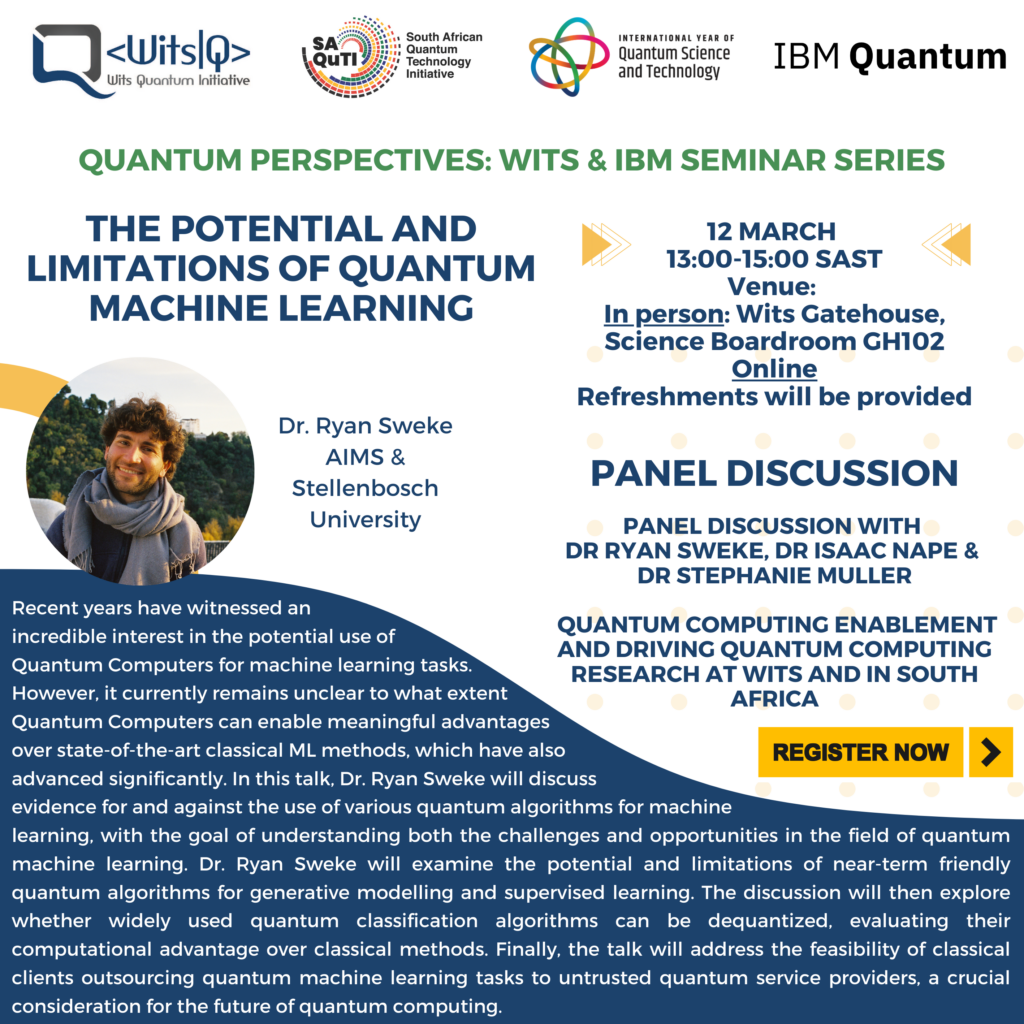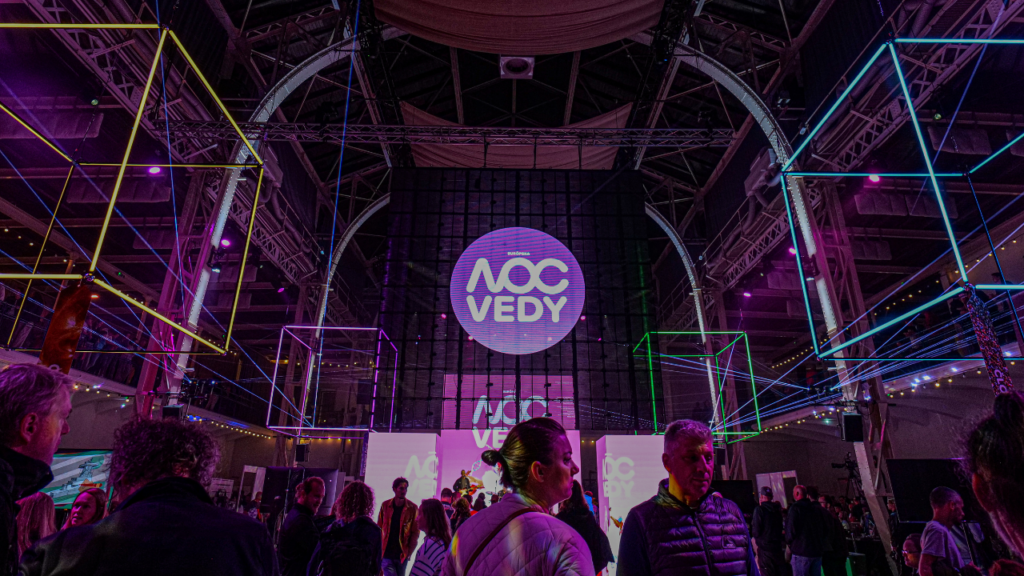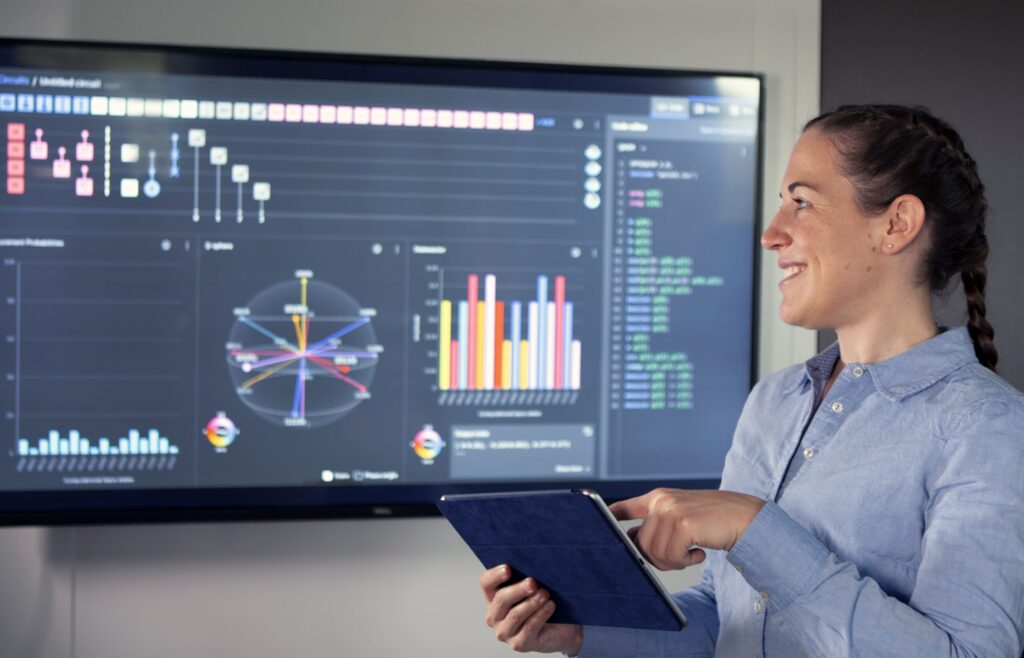Abstract
This Masterclass offers an accessible exploration into the world of quantum computing, focusing on the qubit—the fundamental unit of quantum information. In this class, we demystify core quantum concepts such as superposition, interference, and measurement through hands-on demonstrations that can be performed with just one qubit. Designed for a diverse audience including computer scientists, mathematicians, and curious minds alike, the course illustrates how a single qubit can generate true randomness, secure data using quantum cryptography, and even implement simple algorithms. Join us to discover how understanding one qubit opens the door to the revolutionary possibilities of quantum technology.
Biography
Francesco Petruccione is a physicist and professor with a career spanning quantum science, computational thinking, and artificial intelligence. After earning his PhD and habilitation from the University of Freiburg, he joined the University of KwaZulu-Natal in South Africa, where he held the South African Research Chair in Quantum Information Processing and served as Pro-Vice-Chancellor for Big Data and Informatics. Now Director of the National Institute for Theoretical and Computational Sciences and a Professor of Quantum Computing at Stellenbosch University, he co-leads the Africa Europe Cluster of Research Excellence in AI and Data Science for global challenges. Prof Petruccione has authored over 250 scientific papers and landmark texts, including ‘The Theory of Open Quantum Systems and Machine Learning with Quantum Computers’. His contributions have earned him accolades such as the Stella d’Italia honour and fellowship in leading academies, reflecting his impact on science and education worldwide.

